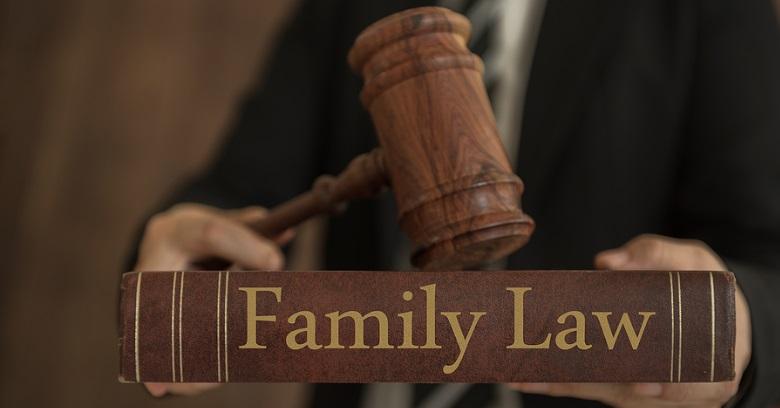Of all the important decisions that every child custody agreement must include, one of the most critical is that of conservatorship and how it will be shared.
Who will manage the custody of minor children can be an area of contention between divorcing spouses, so it is recommended that parents resolve this point with the aid of experienced child custody lawyers.
Keeping in mind that the Texas family court will always decide things like conservatorship based on what is in the child’s best interest, spouses and their custody attorneys should discuss the role of a conservator and how it must be assigned so the agreement can be approved.
What Is Conservatorship?
Child conservatorship or child custody is the assignment made by the family court over parental decision-making rights for a child.
It is one of the main factors that parents and their child custody lawyers must negotiate and reach a decision that works appropriately for the child, the parents, and family court.
The family court will approve a custody agreement that properly supports the decisions on which parent should have which type of custody and why.
In Texas, the usual determination is joint managing conservatorship, with both parents playing equal roles in management of the affairs of their children; however, if there is reason to do so, a sole conservatorship may be awarded.
How Is Conservatorship Decided?
Legal guardianship must be carefully decided according to each parent’s ability to make important decisions for their son or daughter as well as their ability to financially provide for the child and other determining factors that can affect their child’s future.
While custody attorneys generally work with their clients to develop an approved agreement that provides joint sharing of parental duties, there are times when family court may disagree and assign sole conservatorship.
Since joint conservatorship is normally determined, child custody lawyers stress the importance of which factors are used to make the decision, including ones that could weigh that selection in the direction of one parent having sole custody.
These factors include:
- Financial and emotional stability of the household.
- Ability to provide for the child physically, emotionally, and medically.
- Evidence or accusations of domestic abuse.
- Any danger to the child.
- The child’s wishes.
- Overall parenting abilities.
- Willingness to work together.
Why Is Conservatorship So Important For Your Child’s Future?
Based on the many factors that go into determining conservatorship in a finalized child custody agreement, it bears pointing out that all of these things can have a significant impact on the child’s life and his or her future.
Parents who can work together making decisions and sharing visitation will help their child develop positively, even in a divided family.
Every aspect and decision made by the parents, whether as simple as buying clothes or as substantial as getting necessary medical care, have prolonged effects on the child’s upbringing and future.
As such, custody attorneys and family court both realize how critical the decision about conservatorship really is to the positive future of any child.
It is for that reason that the court strives to give decision-making power and rights as well as the responsibility behind that power to the more suitable parent, whether both or just one.
Consult With An Experienced Child Custody Lawyer
There is much more to negotiating a child custody agreement than simply working out visitation schedules and child support payments.
Ultimately, the goal of a child custody lawyer is to negotiate and determine conservatorship, as this decision will affect your child throughout his or her life while still a minor.
Based on the points noted above and many other factors, a custody attorney will help you understand the importance of this decision and how to consider joint conservatorship in order to retain a role in the decision-making and upbringing of your child.






